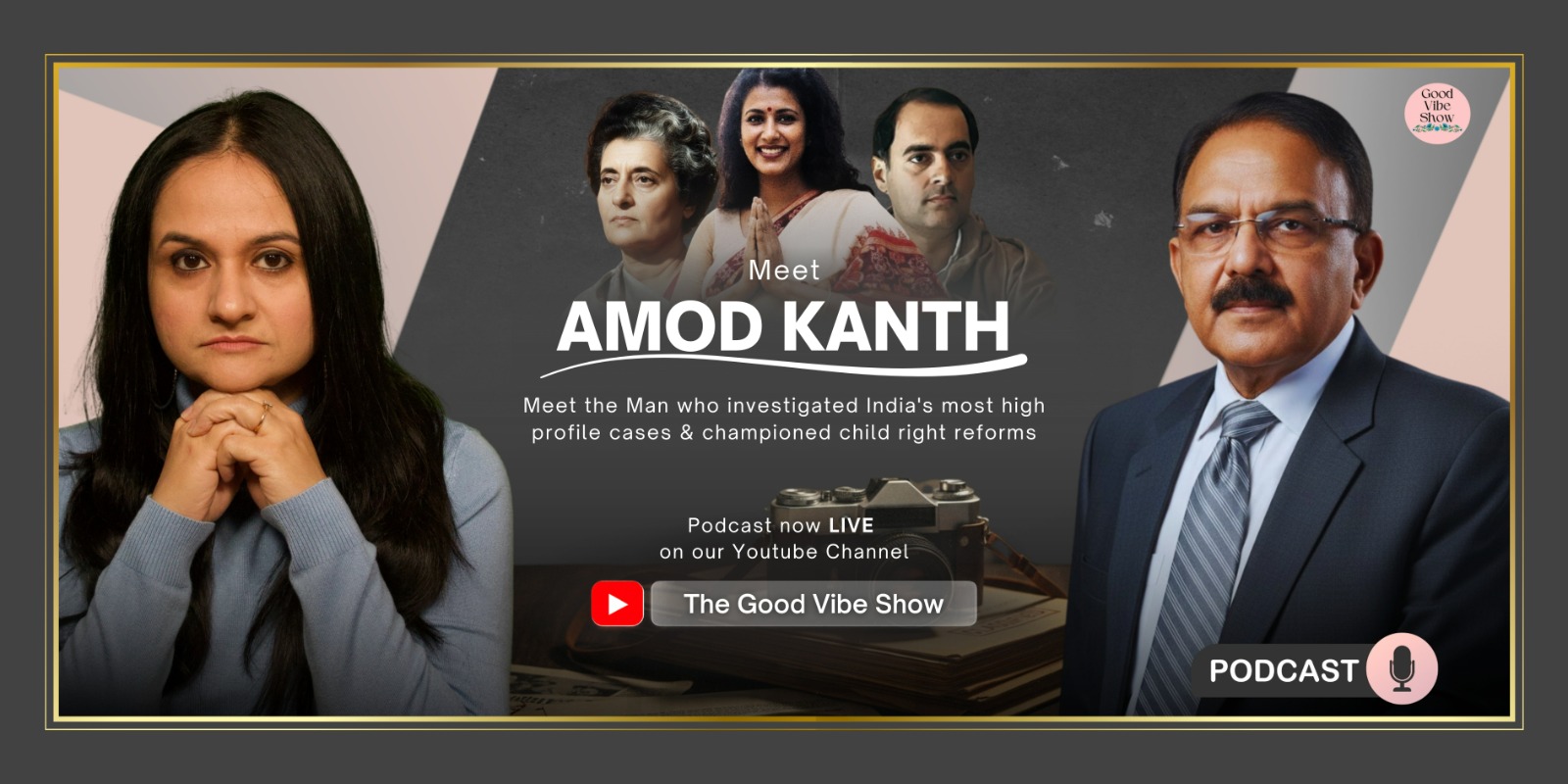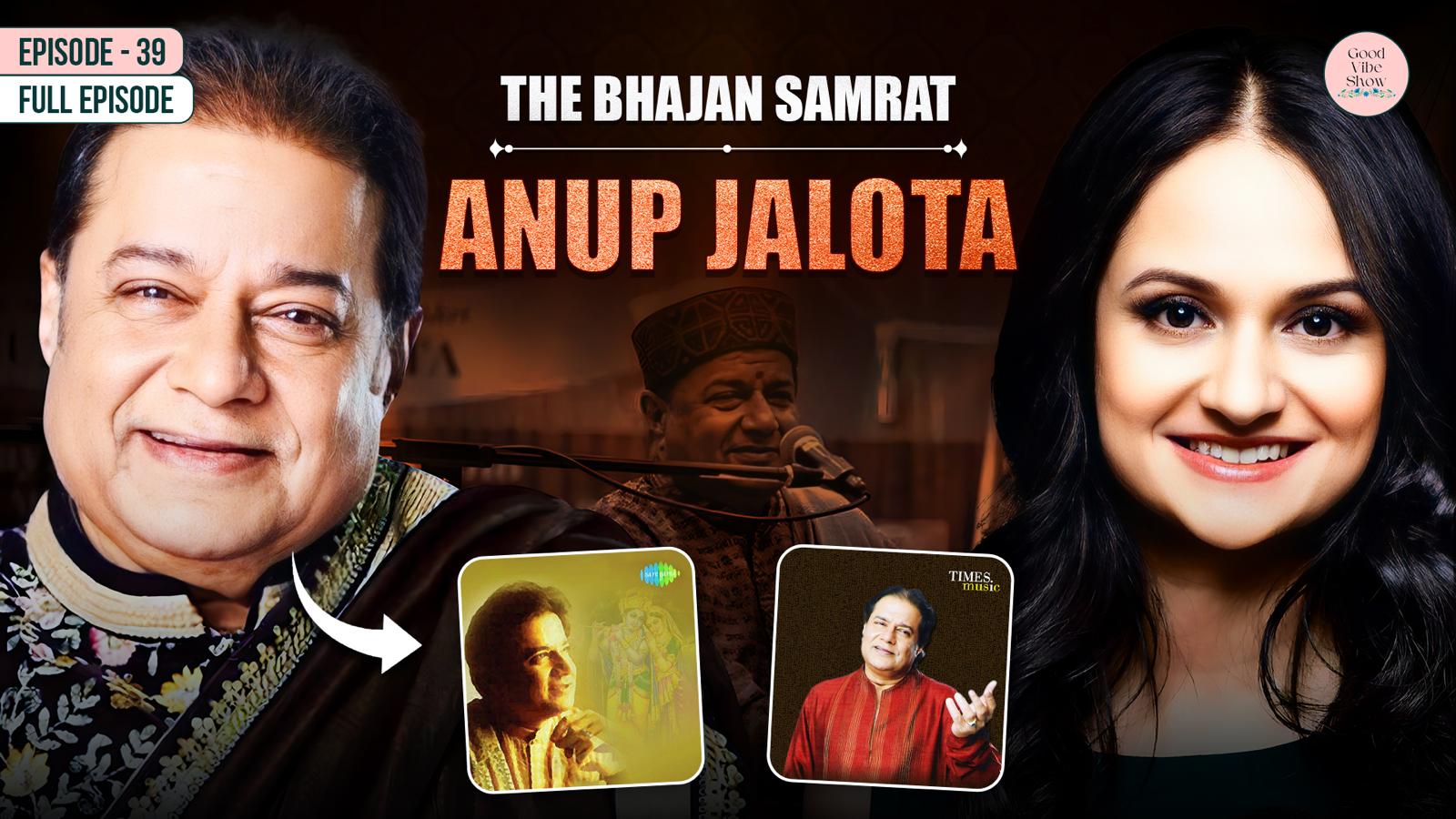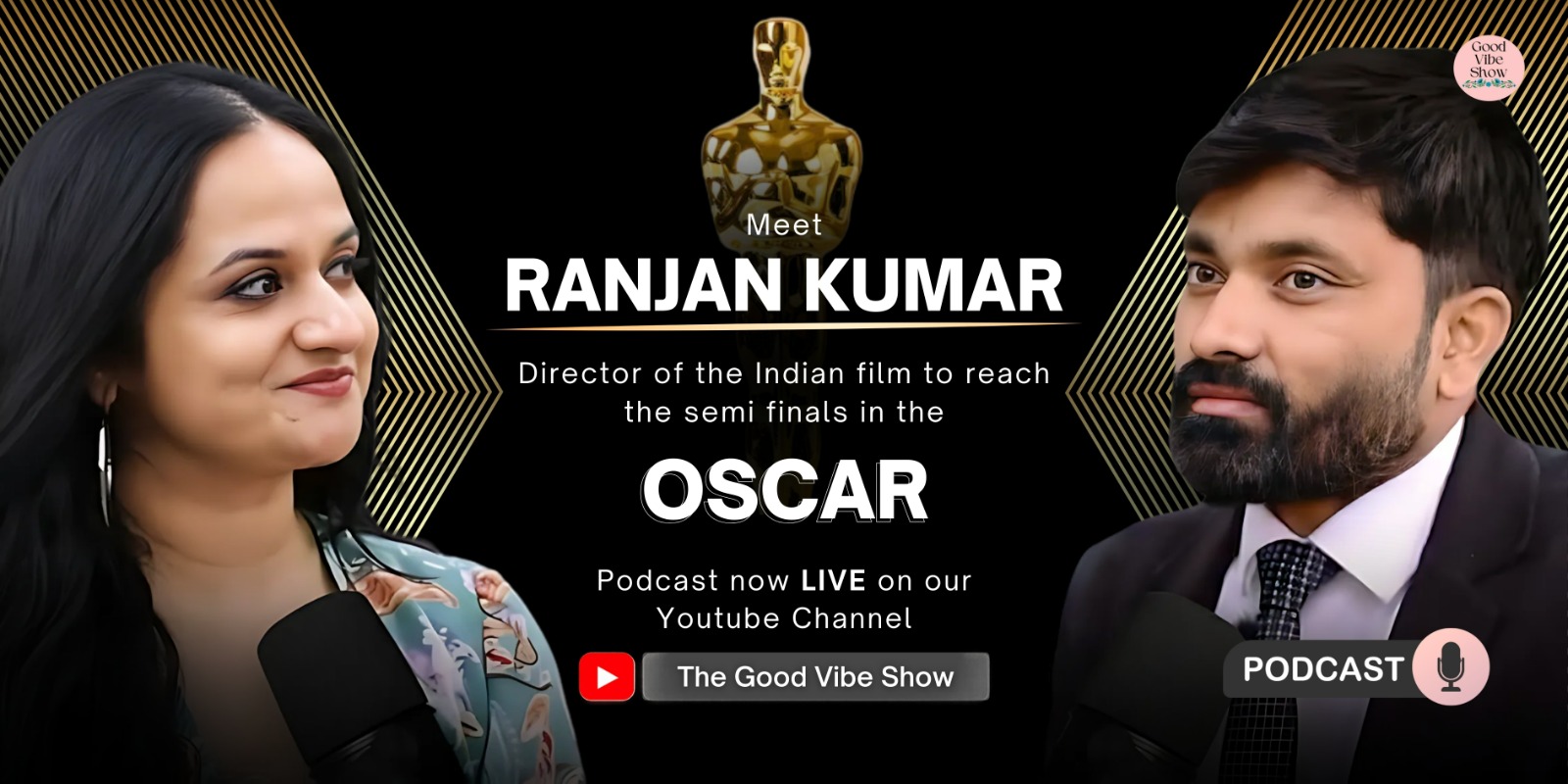Summary:
A UK-based clinical psychologist, Dr Nilofer turned homesickness into action—co-founding Jan Suraaj Overseas, a global NRI network across 50+ countries.
From cold-day padyatra walks in Bihar to thousands of WhatsApp groups, her story is raw, practical, and deeply hopeful.
She also shares clear, parent-friendly mental health guidance for children—what to notice, when to act, and how to create safer homes.
“People are hungry for good vibes. They don’t want to be submerged in negativity and pessimism. This is an opportunity to have hope and make a change.” — Dr Nilofer
Who is Dr Nilofer?
-
Profession: Clinical Psychologist (specialising in child & adolescent mental health; ages 8–18)
-
Based in: UK (25+ years abroad)
-
Work: Assessment, diagnosis, therapy/consultation for anxiety disorders, trauma/PTSD, OCD, eating disorders, stress-related presentations
-
Purpose: Channeling personal connection to India into community-led change via Jan Suraaj Overseas (JSO)
What is Jan Suraaj?
Jan Suraaj is a movement inspired by Prashant Kishor to transform Bihar through “sahi log, sahi soch, samuhik prayas”—the right people, right thinking, and collective effort.
Jan Suraaj Overseas (JSO) connects supporters across the world to contribute skills, networks, and structured support back home.
At a glance:
-
Presence in ~50 countries (and growing)
-
2,500+ WhatsApp groups and thousands more supporters who prefer to help outside group chats
-
Skill-based working circles: healthcare, tech & AI, research, counselling, cybersecurity, etc.
How Jan Suraaj Overseas Started (and Scaled)
-
Sparked by a conversation with Prashant Kishor: “Start the UK chapter.”
-
Zero to thousands: Cold-calling, emails, Zoom calls, community referrals
-
Breakthrough: A high-stakes Zoom with PK that converted skeptics into believers—chapters emerged in the UK, USA, UAE, Oman, Singapore, Russia, Japan, Africa and more.
“Just imagine—if he can inspire people like me without being in power, what happens if he comes to power?”
Why NRIs Rally Behind Prashant Kishor & Jan Suraaj
Leadership signals that resonated with Dr Nilofer (and many abroad):
-
Clarity over rhetoric: says less, backs it with facts
-
Preparedness: vision → plan → execution detail
-
Micro-level focus: panchayat-level needs rather than broad generalities
-
Bridge-builder: convenes experts and ordinary citizens to act together
On the Ground: Padyatra Moments That Stayed
-
Walking beside PK: “He walks fast; crowds of women around us, some barefoot in the cold.”
-
Reality check: Warm socks vs. thin saris—resilience of everyday Bihar.
-
Community energy: Padyatris sharing why they joined—a two-hour circle of stories, songs, and purpose.
How Can NRIs (and Anyone Outside Bihar) Contribute?
Practical entry points from JSO’s current work:
-
Offer your skill-hours: online consultations (healthcare, mental health, legal, tech)
-
Mentor & upskill: young doctors, students, and new graduates in Bihar
-
Lightweight tech fixes: digitise registers, basic automation, data hygiene
-
Call your family back home: encourage informed, issues-based voting and civic participation
-
Join or start a chapter: help organise local meetups, awareness, and Zoom teach-ins
Parenting & Child Mental Health: Dr Nilofer’s Playbook
When to pay attention:
If your child shows noticeable, out-of-character changes that persist beyond 4 weeks and impact daily functioning(sleep, appetite, hygiene, schoolwork, friendships).
Typical concerns she sees:
-
Anxiety (social/health/generalised), low mood/depression
-
Trauma responses, OCD, phobias
-
Stress overload (academic pressure, bullying, family conflict)
-
Eating disorders (serious and potentially life-threatening)
What to do:
-
Work the ecosystem, not just the child: parents/caregivers, school, grandparents—a child does not heal in isolation.
-
Create safety first: Be the adult they can tell without being blamed, shamed, or hurried into “solutions.”
-
Observe & document: when the change started, triggers, what helps/doesn’t.
-
Seek professional help if symptoms persist or escalate.
Western vs Indian parenting (broadly):
-
Western families may recognise clinical labels faster (language exposure, normalised help-seeking).
-
Indian families are equally caring, but can sometimes over-monitor once a label is known—intention is love; effect can be stress. Aim for steady support, not surveillance.
“Kindness is the biggest superpower. Presence and patience are often more healing than perfection.”
Watch/Listen & Connect
-
🎧 Full Episode: Dr Nilofer on Jan Suraaj — The Good Vibes Show
-
🔗 Learn more about Jan Suraaj / Jan Suraaj Overseas
Frequently Asked Questions
1) What is Jan Suraaj in simple words?
Jan Suraaj is a citizen-driven movement inspired by Prashant Kishor to transform Bihar through the mantra “sahi log, sahi soch, samuhik prayas”—right people, right thinking, and collective effort at the panchayat level.
2) Is Jan Suraaj a political party or just a movement?
It is a movement focused on governance and community-led development. (If a formal party context applies, add a one-line status note consistent with your latest internal stance.)
3) What is Jan Suraaj Overseas (JSO)?
JSO is the global diaspora wing that connects supporters across 50+ countries, organising skills, mentorship, and resources for Bihar-focused projects.
4) How can NRIs join Jan Suraaj Overseas?
Fill a Join/Volunteer form, enter your country & skill area (healthcare, tech/AI, research, counselling, cybersecurity), and you’ll be onboarded to a local WhatsApp/Zoom group.
5) What kind of projects can I contribute to from abroad?
Online health consultations, student mentorship, basic tech automation, research support, career guidance, and community awareness campaigns.
6) Why do many NRIs support Prashant Kishor?
They cite clarity, fact-based communication, preparedness, and a micro-level (panchayat) plan that feels actionable and inclusive.
7) How big is the Jan Suraaj Overseas community today?
JSO has thousands of supporters globally, 2,500+ WhatsApp groups, and a broader base who support outside group chats.
8) What did Dr Nilofer find most moving in the padyatra?
Walking beside PK amid women and families braving winter, plus intimate circles with padyatris sharing why they joined—hope replacing cynicism.
9) As a parent, what’s the #1 red flag for child mental health?
A noticeable, out-of-character change that lasts beyond 4 weeks and hurts daily functioning—sleep, appetite, hygiene, school, or friendships.
10) Should I tell the school immediately if my child is struggling?
Yes—but first listen and stabilise at home so your child feels safe. Then loop in the school and, if needed, a clinician for a joined-up plan.
11) Are Indian parents “too strict” compared to Western parents?
Both want the child’s best. Differences are often about approach and awareness. Aim for firmness with warmth, and normalise seeking help early.
12) Can small acts actually help Bihar?
Yes. Ten phone calls to family about informed civic choices, one hour of mentoring a week, or one digital fix at a clinic—compounds into real change.






